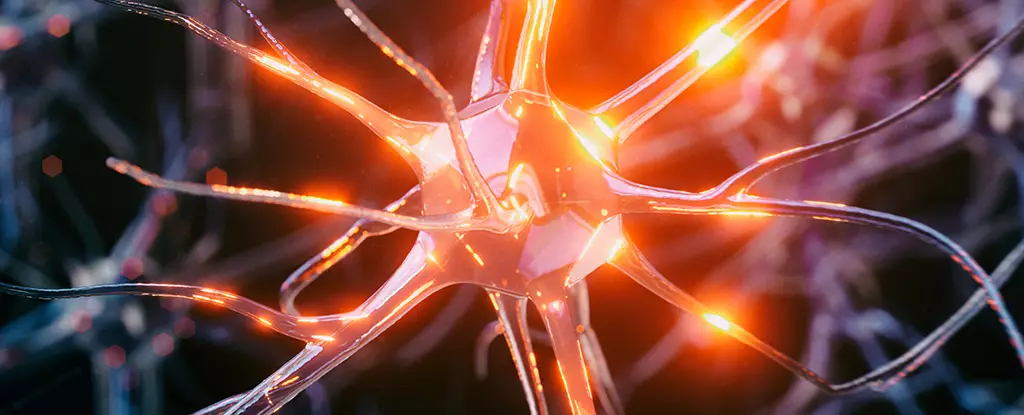A recent clinical trial conducted in Belgium has shown promising results in using fecal microbiota transplants (FMTs) from healthy donors to improve motoric symptoms in early stage Parkinson’s disease patients. The research team from Ghent University administered these fecal transplants to 46 patients, with 22 receiving the healthy donor stool transplant and 24 receiving a placebo. It was found that after twelve months, participants who received the healthy donor stool transplant showed a significant improvement in their motor score, a crucial measure for assessing Parkinson’s symptoms.
The fecal transplant was administered through the noses of the Parkinson’s patients to reach their small intestine. While this may not sound like the most appealing experience, the potential benefits for those with Parkinson’s disease are significant. The follow-up assessments conducted up to a year after the transplant revealed that improvements were only noticeable after the 6-month mark. The researchers believe that the symptom improvement may be linked to changes in gut movement and the slower progression of constipation, a common issue in Parkinson’s patients.
The findings of this study suggest that FMT could be a valuable new treatment for Parkinson’s disease. Biotechnologist Roosmarijn Vandenbroucke from the VIB-UGent Center for Inflammation Research stated that while more research is needed, fecal transplants offer a potentially safe, effective, and cost-effective way to improve symptoms and quality of life for millions of people worldwide living with Parkinson’s disease. This research opens up new possibilities for developing treatments that could slow the progress of the disease and even reverse its effects.
Recent research has highlighted the potential link between gut health and neurological disorders like Parkinson’s disease. It is believed that changes in the gut microbiota could play a significant role in the development and progression of Parkinson’s. Protein clumps that form in the gut may travel up the vagus nerve and increase the risk of neurodegeneration associated with Parkinson’s. Understanding the role of gut bacteria in this process could lead to more targeted treatments for the disease.
While significant progress has been made in understanding the gut-brain connection in Parkinson’s disease, there is still much to learn. Biochemist Debby Laukens from Ghent University emphasized the importance of identifying which bacteria have a positive influence on Parkinson’s symptoms. Further research and funding are needed to unravel the complex interactions between gut bacteria and neurological disorders. As scientists continue to explore the potential of fecal transplants in treating Parkinson’s disease, new insights and treatment options may emerge to improve the lives of those affected by this debilitating condition.


Leave a Reply